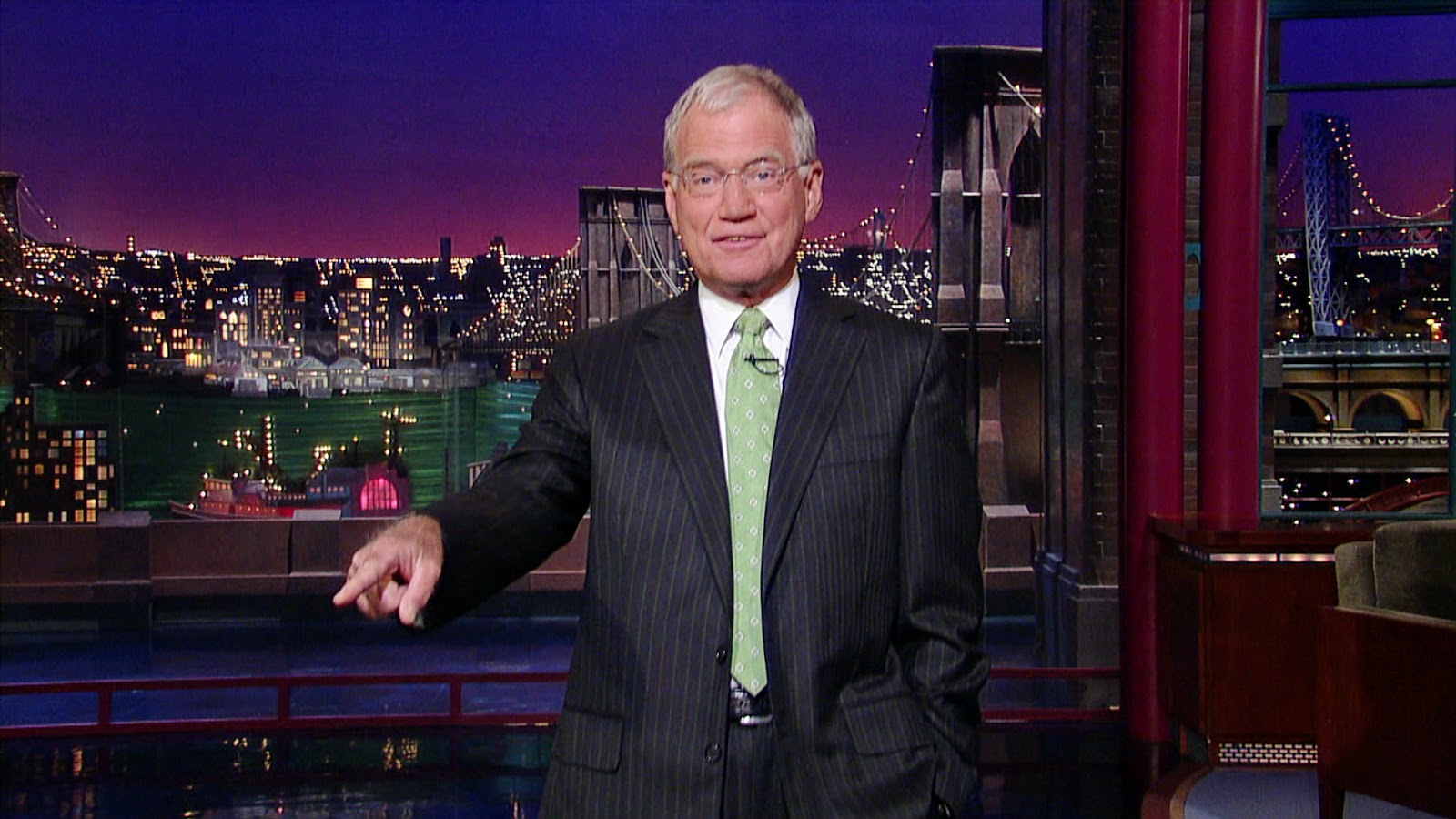Leno Letterman Return To The Air: A Nostalgic Comeback For Late Night Television
The return of Leno Letterman to the airwaves is a topic that has generated significant buzz among late-night television fans and the entertainment industry alike. As two of the most iconic figures in late-night history, their potential reunion promises to evoke nostalgia while also introducing a new generation of viewers to their unique brand of humor. In this article, we will explore the significance of their return, the impact on the late-night landscape, and what fans can expect from this much-anticipated event.
Late-night television has undergone numerous transformations over the years, with new hosts and formats emerging to capture the audience's attention. However, the essence of what makes late-night shows engaging often lies in the chemistry between the host and their guests. Leno and Letterman, who have both made indelible marks on the genre, bring a wealth of experience and charisma that could revitalize the late-night format.
In this comprehensive article, we will delve into the backgrounds of Jay Leno and David Letterman, examine their respective legacies in the industry, and discuss their potential return to the air. Additionally, we will analyze the audience's reception and the broader implications for the future of late-night TV. So, let's roll back the clock and revisit the golden era of late-night television with Leno and Letterman!
Table of Contents
- 1. The Legendary Careers of Leno and Letterman
- 2. The Significance of Their Return
- 3. Expectations for the Show
- 4. Audience Reception
- 5. The Impact on Late Night Television
- 6. Behind the Scenes: Production Insights
- 7. The Future of Late Night TV
- 8. Conclusion and Call to Action
1. The Legendary Careers of Leno and Letterman
1.1 Jay Leno: The King of Late Night
Jay Leno, known for his distinctive voice and charismatic personality, first gained national attention as the host of "The Tonight Show" from 1992 until his departure in 2009. His blend of monologue humor, celebrity interviews, and comedic sketches made him a household name. Leno's work has earned him numerous awards, including multiple Daytime Emmy Awards and a star on the Hollywood Walk of Fame.
1.2 David Letterman: The Innovator of Late Night
David Letterman, on the other hand, is often regarded as a pioneer in late-night television. Hosting "Late Night with David Letterman" from 1982 to 1993, and later "The Late Show with David Letterman," he introduced a new style of comedy that combined satire, absurdity, and self-deprecation. His influence can be seen in many current late-night hosts, and he has received numerous accolades for his innovative approach to the genre.
2. The Significance of Their Return
The potential return of Leno and Letterman to the airwaves signifies more than just a nostalgic trip down memory lane. It represents a convergence of two distinct comedic styles that could attract a diverse audience. Their combined experience and talent can create a dynamic program that appeals to both long-time fans and newcomers to late-night television.
3. Expectations for the Show
As fans eagerly await the return of Leno and Letterman, expectations are running high. Viewers are curious about the format of the show, the types of guests they will host, and how they will incorporate modern themes and issues into their comedy. Additionally, the chemistry between the two hosts will undoubtedly play a pivotal role in the show's success.
4. Audience Reception
Audience reception will be critical in determining the show's longevity. While nostalgia is a powerful draw, the hosts must also connect with contemporary viewers. Engaging with current events, cultural shifts, and incorporating social media interactions could help the show resonate with a broader demographic.
5. The Impact on Late Night Television
The return of Leno and Letterman could have significant implications for the late-night television landscape. Their presence may inspire new talent, reinvigorate traditional formats, and encourage other veterans to consider returns of their own. This could lead to a renaissance in late-night programming, where classic styles blend with modern sensibilities.
6. Behind the Scenes: Production Insights
The production of a show featuring Leno and Letterman will require a skilled team to capture their unique dynamic. From writing teams to producers and directors, each element must align to create a cohesive and entertaining program. Behind-the-scenes insights into their creative process could provide fans with a deeper appreciation for the show.
7. The Future of Late Night TV
The return of Leno and Letterman raises important questions about the future of late-night television. As viewing habits evolve and audiences seek new forms of entertainment, how can traditional late-night formats adapt? The success of this reunion may set the tone for future programming and inspire innovation within the industry.
8. Conclusion and Call to Action
In conclusion, the potential return of Leno and Letterman to the airwaves represents a significant moment in the history of late-night television. Their unique talents, combined with an opportunity to engage with modern audiences, could pave the way for a new era of late-night programming. We invite readers to share their thoughts on this exciting development—leave a comment below, share this article, or explore our other content for more insights into the world of entertainment.
As we anticipate the return of these legendary hosts, let's celebrate the enduring impact they have had on the late-night landscape. Stay tuned for updates and join the conversation about what this means for the future of television!
Article Recommendations
- Failed To Download Supervised Settings Fortnite Ps4
- Krystal Shanahan
- Why Is Jonathan Lamb Not On Daystar Anymore
- Vince Gill Married Trisha Yearwood
- George St Pierre Wife
- Mary Bakrania
- Barbara Billingsley
- Cristina Carmella
- Gore Video
- Cynthia Erivo Married


